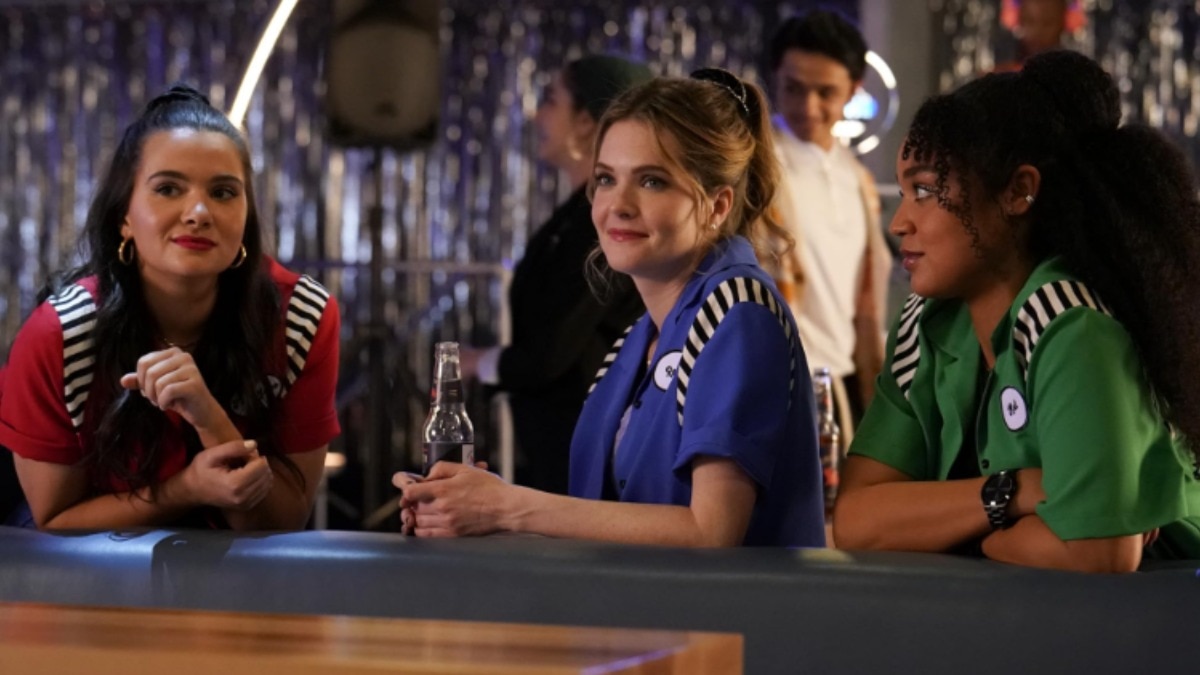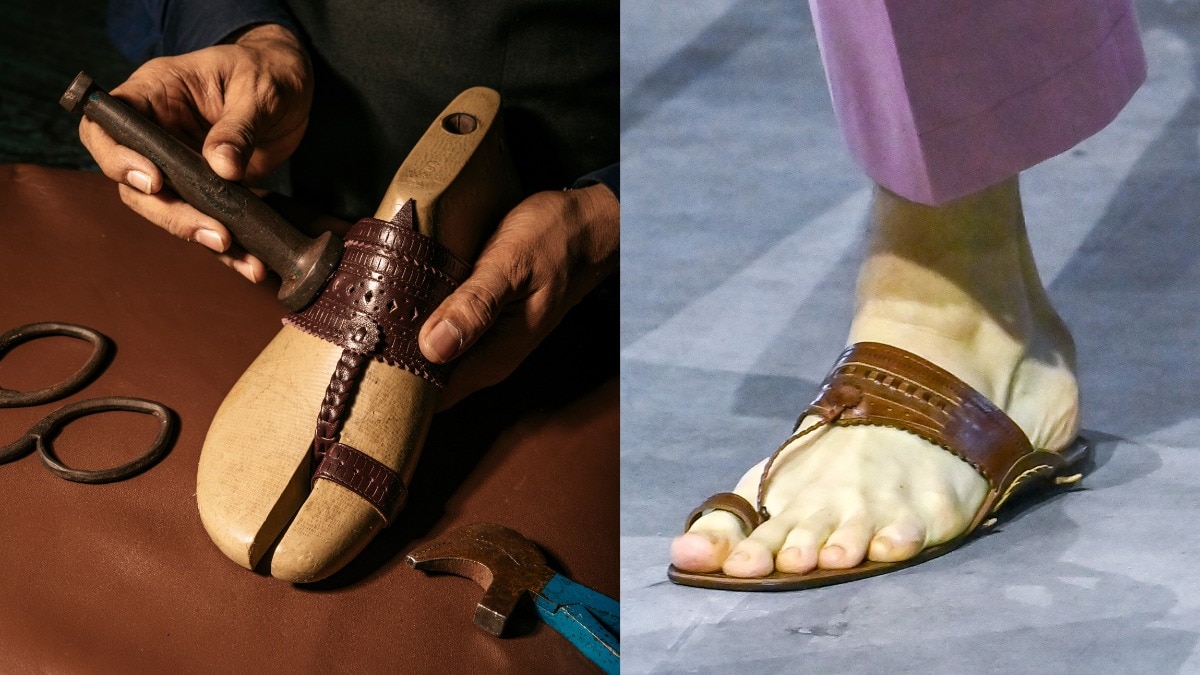
Konkona Sen Sharma speaks about depicting women in the right light in cinema, her inspiration, and more
For the actor, it's all about narrating the untold story.


Donning the director’s hat after seven long years, actor Konkona Sen Sharma showed the world a different side of desire in The Mirror, one of the four short films from Lust Stories 2. Over the course of her career, Konkona has delivered performances that range from the morally upright, and "perfect" to characters who are “real, flawed and going through transition”. It was, thus, no surprise to see how perfectly imperfect her characters are. The actor got behind the camera to co-write and direct The Mirror. It was the intriguing tale of desire and pleasure, and of feeling seen, illustrated in the short that made us realise just how much Konkona loves to narrate an untold story. And we’re all for it
Harper’s Bazaar: What was the inspiration behind your short—The Mirror—in Lust Stories 2?
Konkona Sen Sharma: I didn’t have a story in mind when Netflix approached me. One day over dinner, a friend told me how she discovered her maid was having sex in her bedroom, and how she freaked out and fired her eventually. That’s when I instantly realised I wanted to make a film on it.
HB: Was the message of the movie—lust and the pleasure of being seen—intentional?
KSS: When Pooja Tolani and I wrote the script, we didn’t think of the story being something where people derive pleasure from seeing others get pleasure; these things gradually emerge. You also learn a lot about yourself from your work. I wanted it to be tense, funny and erotic at the same time. And I had no plans to direct it, but sometimes, when you’re in the grip of a great idea that you’re excited to share, things happen
HB: The dialogues paint a stark class difference between employer and employee. Please elaborate.
KSS: Absolutely; and that’s what makes the film interesting. In Mumbai, space constraint is a real issue. Isheeta (Tillotama Shome’s character), like all of us, very arrogantly tells Seema (Amruta Subhash), ‘If you want to have sex with your husband, do it in your own house’. We all know how people live in this city, but often forget that. I wanted her (Seema) to say that she washes her employer’s underwear; I have to open that door. It’s all about dependence. A lot of very emancipated and empowered women are being able to be so at the cost of underprivileged women. This was very important to convey.
HB: How important was it for you to leave the ending open-ended?
KSS: It was imperative. I felt they’d spent so much time without each other, that they realised they both did something wrong and miss each other’s companionship. We, as humans, make mistakes and do things we may not be proud of. Now, both women have the keys. It’s three in the afternoon, someone’s coming up the lift, and we don’t know who it could be. And it doesn’t matter because they’re consenting adults and what they want to do in their time is none of our business. Which is why, before the door opens, I cut the scene.

HB: Do you feel depicting the sexual desires of a woman without judgement is the necessity in today’s cinema?
KSS: It’s very tiring looking at women through men’s eyes. I don’t want to internalise any patriarchy any more. I wasn’t trying to titillate the audience or make them feel sexually aroused; they can do that for themselves. I just wanted to show a situation where it’s normal for women to have desires. The most important line for me is what Seema says, ‘Mere ko bhi toh mazza aata tha’ (Even I enjoyed myself knowing that you were looking at us). She owns her desires. It’s very difficult for women to say ‘I also have sexual needs’.
HB: Who have been the icons from cinema and your life you look up to?
KSS: Aparna Sen, my mother. She’s my own private legend. She’s lived her life on her terms and has been an amazing influence on my life. Working with her is amazing. We have our differences, but we come from a place of trust and respect, which helps us immensely.
HB: Tell us about your growing interest in narrating the untold story.
KSS: I like stories, and I remember and learn a lot from those filled with emotions. I like films which are subtle and understated, and where things aren’t always spelled out to you. It’s not nice to be told what to feel and how to feel it. Even in The Mirror, it’s up to the viewer what they want to make of it.
HB: What makes you select roles where you play characters that are free thinking, rather than succumb to the cookie-cutter heroine role?
KSS: I don’t want to be a ‘perfect’ person. For instance, Meenakshi Iyer in Mr. and Mrs. Iyer was quite bigoted to begin with. I love playing characters that are real, flawed, and going through some transition. Understanding human behaviour and their nature is interesting. I don’t have to play a strong, morally-correct, and upright woman; doing that a lot becomes boring eventually.
HB: What’s 2023 and 2024 going to look like?
KSS: There’s Metro...In Dino, the second part of Life in a...Metro. There’s also Abhishek Chaubey’s Netflix series Soup with Manoj Bajpayee; my mother’s film, The Rapist; and the second season of Mumbai Diaries that I will be in.










